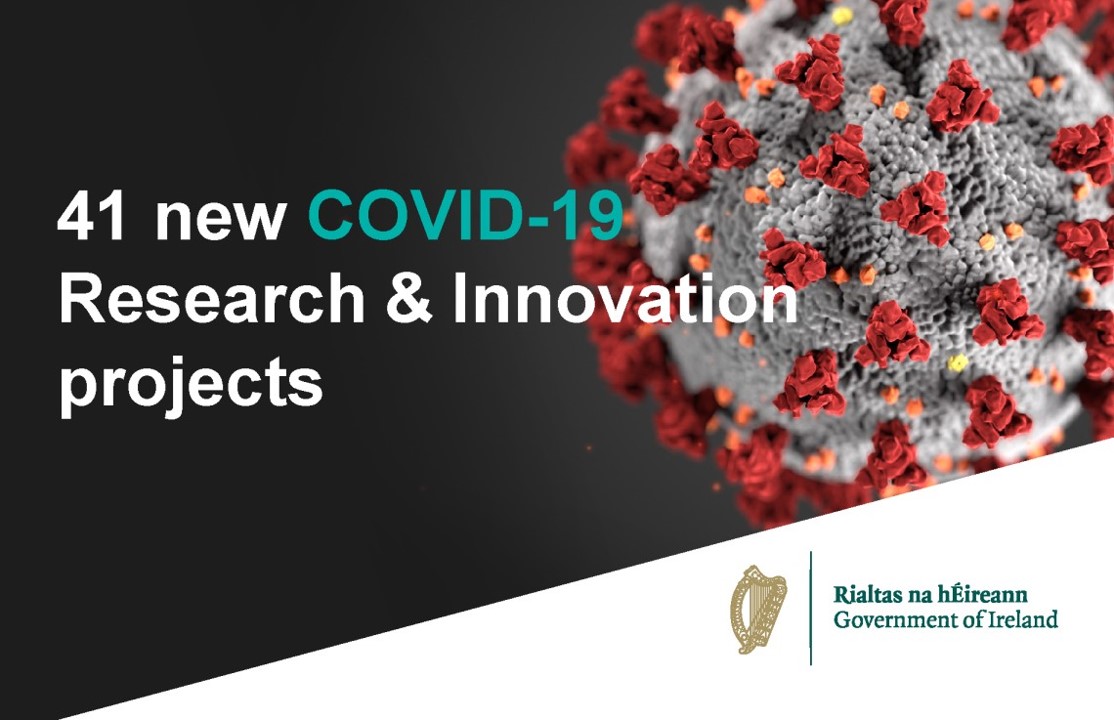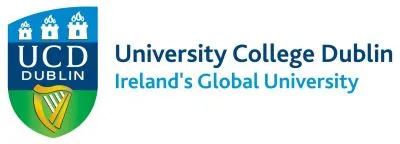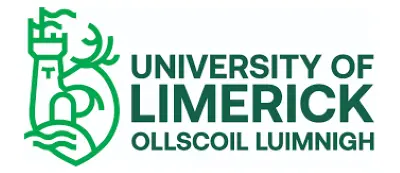News
Further COVID-19 Research Funded

Further COVID-19 Research Funded
The Minister for Further and Higher Education, Research, Innovation and Science, Simon Harris, TD, announced today an investment of €5.5 million in 41 projects under the SFI led COVID-19 Rapid Response Research and Innovation Programme. Funding is focused on supporting projects which respond to the immediate and pressing needs of society arising from the pandemic.
Four APC Microbiome Ireland projects were funded:
- Microbial clues to illness risk in COVID-19
The microbes that live in and on our body (microbiome) can have an impact on our immune responses and susceptibility to disease, so what roles do they play in COVID-19 infection? Professors Paul O’Toole and Colin Hill will analyse nose, throat, saliva and faecal samples from donors to see if they can find host microbiome states that are linked with developing severe illness in COVID-19. The research aims to develop a test that can predict an individual’s risk and allow clinicians to manage it accordingly. Such a test may also identify who needs priority for vaccination when a vaccine becomes available.
- COVID-19, immune reactions and the gut connection
Patients with COVID-19 can become severely ill if their immune system over-reacts and damages their organs and tissues. This ‘cytokine storm’ can be fatal. Preliminary research suggests that the gut microbiome might be involved – if gut bacteria cross the gut wall into the body, this could make the immune response even more severe. Professor Liam O’Mahony will look in blood serum from COVID-19 patients for early signs or markers that inflammation is starting to run out of control. He will also investigate whether gut bacteria could play a part in triggering this response. If the project can find signs in blood from COVID-19 patients that they are starting to mount an inappropriate immune response, it could give clinicians more opportunity to intervene. A link between the immune over-reaction and gut bacteria could identify new ways to select patients at risk and find new ways to protect them.
- Using saliva to diagnose and monitor COVID-19
At present, if you go for a test to see if you have the COVID-19 virus, you will likely have a swab taken from the back of your nose and throat. It’s an uncomfortable procedure, and the person taking the sample needs to be trained in how to collect the swabs, and needs to be wearing PPE. The team (Dr John MacSharry, APC Microbiome Ireland; Dr Corrina Sadlier (Cork University Hospital), Dr Kate Reddington (NUI Galway) and Dr Sinead Corr (Trinity College Dublin) is exploring a less invasive approach to testing for the presence of the virus in saliva (spittle). By testing saliva samples from patients, whose nose and throat swabs have tested positive for the presence of the virus, the researchers will evaluate tests to detect the virus in saliva, and will track levels of the virus in saliva over time. It is hoped this project will develop less invasive tests that would allow people provide saliva they collect at home and send them in for analysis, reducing the personnel and personal and protective equipment needed for testing. Saliva samples could also be pooled for rapid screening of groups. This will support local and national public health responses by detecting clusters of transmission as they arise, and it will help to contain future secondary outbreaks.
- Sniffing out the COVID-19 virus in the air
As we learn to live with COVID-19, we need to monitor the presence of the virus in order to slow its spread. This project will monitor air in crowded places for signs of the SARS-CoV-2 virus in airborne particles breathed out by infected people. The team, lead by Professor Michael Prentice, APC Microbiome Ireland with Dr Mairéad Harding, Dr Stig Hellebust, Professor Colin Hill, Professor John Wenger, Dr Liam Fanning, UCC, Dr David O’Connor, Technological University Dublin and Dr Gareth Griffiths, University of Aberystwyth, UK, will collect air samples for laboratory testing for the SARS-CoV-2 virus, and at the same time use monitors which take detailed measurements of airborne particles in real time. By monitoring the air for the COVID-19 virus, the research will give an idea of how much virus is circulating at any time, without the need to test individuals. The team will also learn the particle characteristics of indoor environments which carry most risk of transmission. Knowing this, they could provide an early warning system for conditions where people are at higher risk of being exposed. The same underlying technology could be applied to other airborne viruses.
Announcing the awards Minister Harris, said:
“Research, development and innovation will play a significant role in tackling the COVID-19 pandemic. The 41 projects announced today are part of a national drive to find solutions to the challenges we face now, and to help us prepare to live in a changing environment that requires new thinking and innovative approaches. I would like to congratulate all of the researchers receiving funding today and thank them for their efforts in Ireland’s collective response to COVID-19.”
The COVID-19 Rapid Response Research, Development and Innovation programme was established by SFI, Enterprise Ireland, IDA Ireland, the Health Research Board and Irish Research Council.
Today’s announcement builds on SFI’s previous investment of €8 million across 17 COVID-19 research and innovation projects. All of the projects funded have been internationally peer reviewed at the assessment stage.






